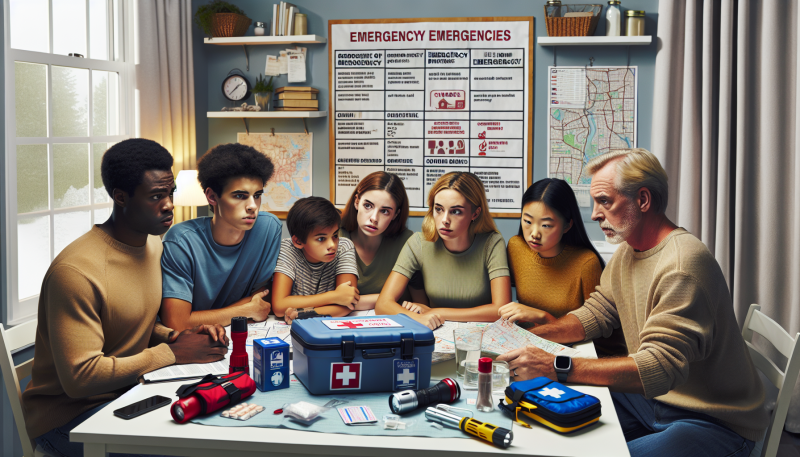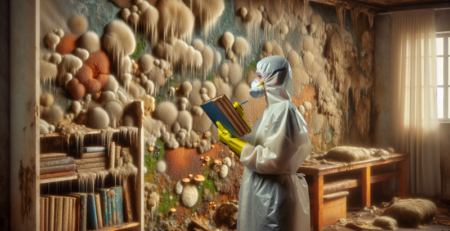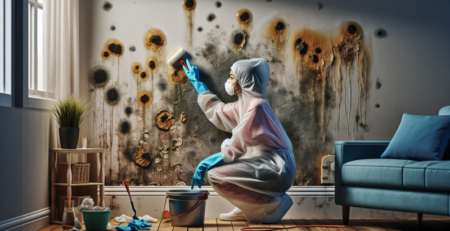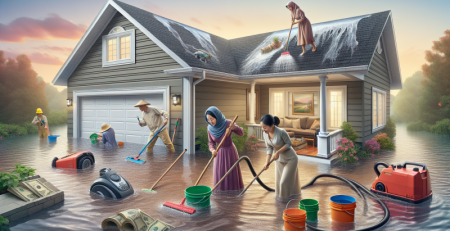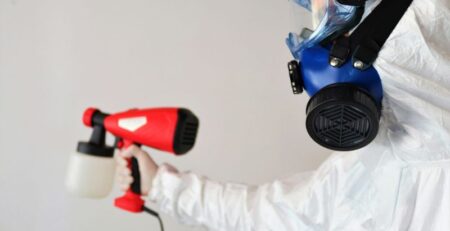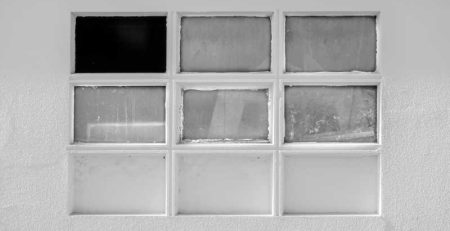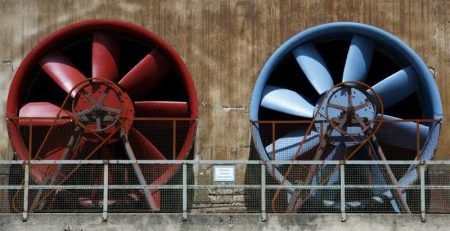How to Create a Home Emergency Plan
When it comes to keeping your family safe, having a solid home emergency plan is crucial. Emergencies can strike at any moment, whether it’s a natural disaster, a fire, or even a plumbing disaster that leads to water damage restoration New Jersey. So, how do you prepare for the unexpected? Let’s dive into the essentials of crafting a home emergency plan that will keep you and your loved ones safe.
Understanding the Importance of an Emergency Plan
First things first, why do you need an emergency plan? Think of it as your family’s roadmap during a crisis. Just like you wouldn’t embark on a road trip without a map, you shouldn’t face an emergency without a plan. It’s about being proactive rather than reactive. An effective emergency plan can save lives and minimize property damage, especially when you consider the potential need for fire damage repair New Jersey or mold cleanup New Jersey services.
Moreover, having a plan in place can reduce panic and confusion. When everyone knows what to do, it’s easier to stay calm and focused. So, let’s break down the steps to create your own emergency plan.
Step 1: Identify Potential Emergencies
The first step in your emergency planning is to identify the types of emergencies that could occur in your area. Are you in a flood zone? Do you live in a region prone to wildfires? Understanding the risks is crucial. For instance, if you’re in Central New Jersey, you might want to consider the likelihood of severe storms or flooding. On the other hand, if you’re in Northern New Jersey, wildfires might be more of a concern.
Once you’ve identified potential emergencies, it’s time to prioritize them. You might want to focus on the most likely scenarios first. For example, if flooding is a common issue, you’ll want to have a plan for water damage restoration ready to go. This could include knowing who to call for rapid response restoration services, like Kraus Restoration, who are IICRC certified experts in the field.
Step 2: Create a Communication Plan
In any emergency, communication is key. You need to establish a plan for how your family will communicate during a crisis. This includes deciding on a meeting place, especially if you’re separated when an emergency occurs. Choose a location that’s easy to remember and accessible, like a neighbor’s house or a local park.
Additionally, consider how you’ll communicate if cell service is down. Having a list of important contacts, including local emergency services, can be invaluable. You might even want to designate an out-of-town relative as a point of contact. This way, if local lines are busy, you can still relay information through someone who isn’t in the immediate area.
Step 3: Prepare an Emergency Kit
Now that you have a communication plan, it’s time to prepare an emergency kit. This kit should include essential items that your family might need in case of an emergency. Think about items like water, non-perishable food, a flashlight, batteries, a first-aid kit, and any necessary medications.
Don’t forget to include important documents, such as insurance policies and identification. If you live in an area prone to specific disasters, like hurricanes or earthquakes, you might want to tailor your kit accordingly. For example, if you’re in a flood-prone area, consider waterproofing your documents and including items for water damage restoration emergencies.
Step 4: Practice Your Plan
Creating a plan is just the first step; practicing it is where the magic happens. Schedule regular drills with your family to ensure everyone knows what to do in case of an emergency. This could be as simple as a fire drill or a more complex scenario involving a natural disaster.
During these drills, pay attention to what works and what doesn’t. Are there any areas of confusion? Are there any improvements that can be made? The goal is to make sure everyone feels confident and prepared. Remember, in a real emergency, you won’t have time to think; muscle memory will kick in, so practice is essential.
Step 5: Know Your Local Resources
Finally, familiarize yourself with local resources that can assist you in an emergency. This includes knowing the contact information for local emergency services, hospitals, and restoration companies. For instance, if you experience a fire, knowing who to call for fire damage repair New Jersey can save you precious time.
Additionally, consider connecting with local community organizations that offer support during emergencies. They can provide valuable resources and assistance when you need it most. For example, Kraus Restoration offers 24/7 emergency services and is a leader in property damage restoration New Jersey. Having their contact information handy can be a lifesaver.
Conclusion
Creating a home emergency plan is not just a task; it’s a commitment to your family’s safety. By identifying potential emergencies, establishing a communication plan, preparing an emergency kit, practicing your plan, and knowing your local resources, you’re taking proactive steps to protect your loved ones. Remember, emergencies can happen at any time, but with a solid plan in place, you can face them with confidence. Don’t wait for a disaster to strike; start planning today!
FAQs
What should I include in my emergency kit?
Your emergency kit should include water, non-perishable food, a flashlight, batteries, a first-aid kit, medications, and important documents. Tailor it to your family’s specific needs.
How often should I practice my emergency plan?
It’s a good idea to practice your emergency plan at least twice a year. This ensures everyone remembers what to do and can help identify any areas for improvement.
What are the most common emergencies I should prepare for?
The most common emergencies vary by location but typically include natural disasters like floods, fires, and severe storms. Assess your local risks to prioritize your planning.
How can I find local emergency resources?
You can find local emergency resources by researching online, contacting your local government, or connecting with community organizations that provide support during emergencies.
Why should I choose Kraus Restoration for my emergency needs?
Kraus Restoration is a leader in water, mold, and fire damage restoration, offering 24/7 emergency services and IICRC certified experts to ensure rapid response and professional restoration services.
